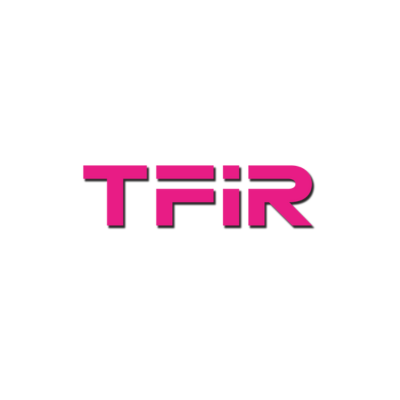
The State of CD Report findings are based on data from the previous six Developer Nation surveys, which reached more than 125,000 respondents worldwide over two and half years. The report is an important resource for organizations to understand how the performance of organizations across different industries is impacted by applying CD practices and using modern technologies while highlighting some of the emerging trends to keep an eye on and pitfalls to avoid.
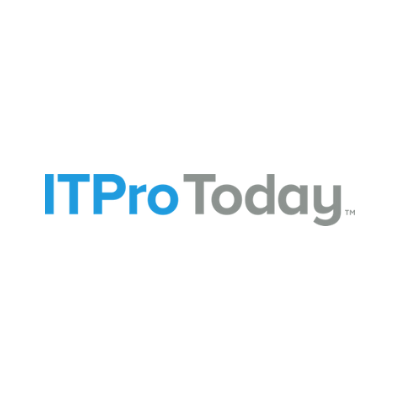
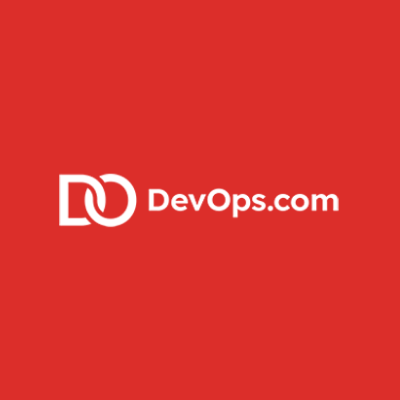
A global survey of nearly 26,000 DevOps professionals published today by the Continuous Delivery Foundation (CDF) at the cdCon + GitOpsCon event found 84% of respondents are involved in some type of DevOps activity. However, the report also found just under half 49% are using a continuous integration (CI) or continuous delivery (CD) platform and only 22% are using CI and CD approaches to automate all building, testing and deployment of code in a production environment.
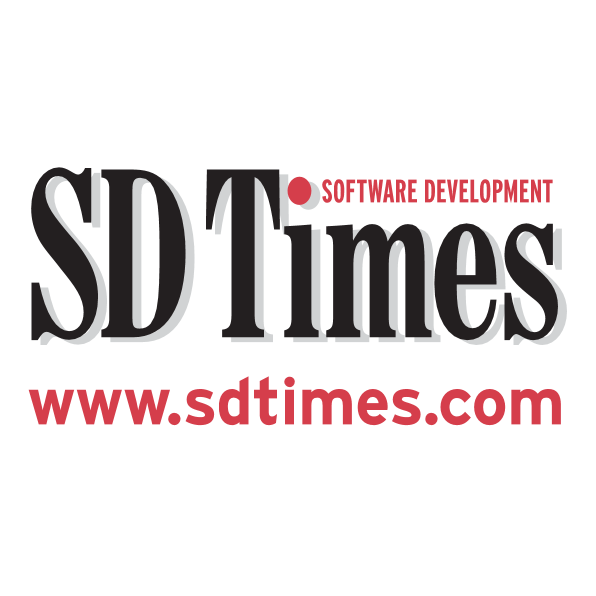
According to the latest State of Continuous Delivery report from the Continuous Delivery Foundation (CDF), the adoption of DevOps is continuing to increase, with 84% of developers participating in DevOps activities in the first quarter of the year.
However, the report also found that code velocity has remained steady for the past two years, with about 15% of teams being considered top performers, meaning they have lead times of less than one day.
The CDF believes that while DevOps may be a help, it is likely the increasing complexity of projects that is slowing things down.

The Continuous Delivery Foundation (CDF), the open source software foundation that seeks to improve the world’s capacity to deliver software with security and speed, today announced several updates underlying the open source foundation’s momentum. The announcements come at the start of cdCon + GitOpsCon (May 8 – 9, 2023), an in-person event in Vancouver, Canada, co-organized with The Cloud Native Computing Foundation (CNCF).
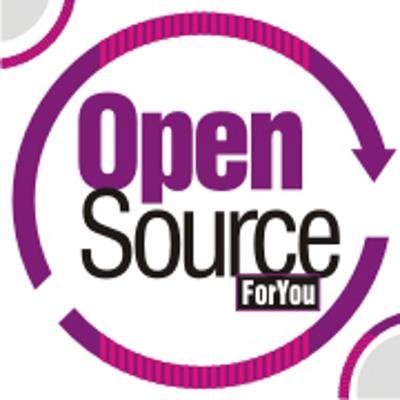
A community initiative to provide a just and transparent governance model for the Pyrsia Decentralized Package Network brings together companies like Docker, DeployHub, Oracle, and others.
Pyrsia, an open source software community initiative that uses blockchain technology to protect software packages (also known as binaries) from flaws and malicious code, has been accepted as an incubating project by the Continuous Delivery Foundation (CDF). Through the use of a centralised governance mechanism, a clear vision, and widespread participation within the larger technology and open source communities, JFrog and the CD Foundation will collaborate to guarantee Pyrsia develops its support and engagement.

The Continuous Delivery Foundation (CDF) is hosting its CD Summit at KubeCon + CloudNativeCon 2022 in Detroit, Michigan. At the event, the CDF announced a number of major milestones across its projects.
First, it announced that it welcomed the decentralized package network, Pyrsia, into the foundation as an incubating project. Pyrsia was developed by JFrog and it can be used to secure software supply chains by creating a system where there is transparency in package sources. In addition, the distribution of artifacts can be done by anyone instead of just relying on a central place.

JFrog’s Pyrsia initiative incubating under CD Foundation
The liquid software company JFrog has announced that Pyrsia, an open-source software community initiative that utilizes blockchain technology in order to secure software packages, is now an incubating project under the Continuous Delivery Foundation.
“We’re excited to join our long-time partners at the CD Foundation in creating a groundswell around Pyrsia to further its mission to better secure the software supply chain,” said Stephen Chin, VP of developer relations at JFrog and governing board member for the CD Foundation. “With the CD Foundation’s support, and that of our incredible industry partners, developers can leverage Pyrsia to have peace-of-mind in knowing their open source components have not been compromised, and confidently deliver secure software at scale.”

JFrog Ltd. (“JFrog”) (NASDAQ: FROG), the Liquid Software company and creators of the JFrog DevOps Platform, today announced Pyrsia, an open source software community initiative that utilizes blockchain technology to secure software packages (a.k.a. binaries) from vulnerabilities and malicious code, has become an incubating project under the Continuous Delivery Foundation (CDF). Working together, JFrog and the CD Foundation will ensure Pyrsia grows its backing and engagement through the use of a centralized governance model, defined roadmap, and broad representation within the wider technology and open source communities.